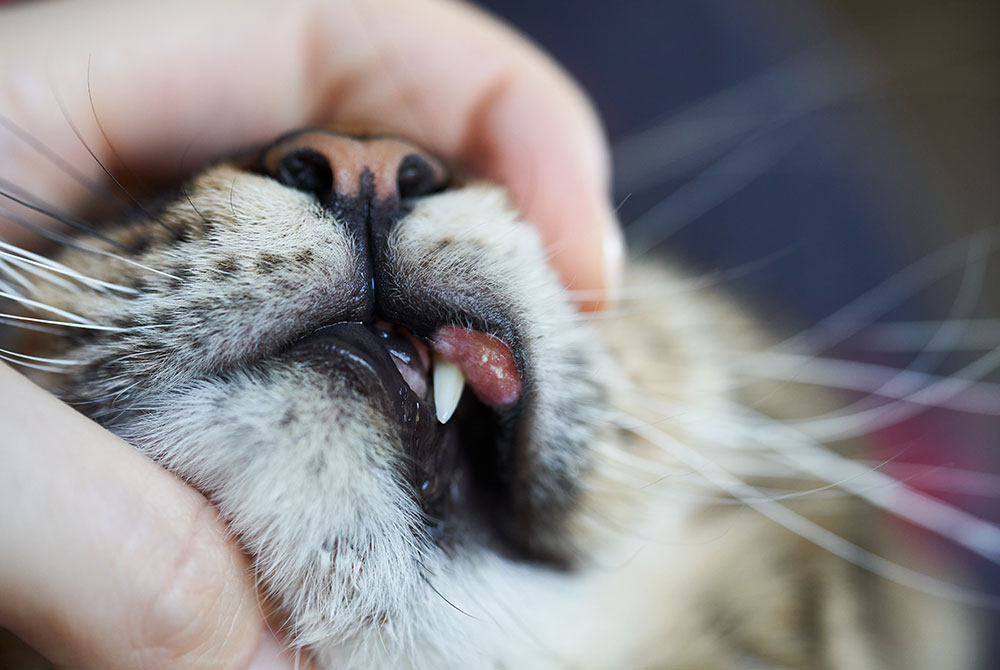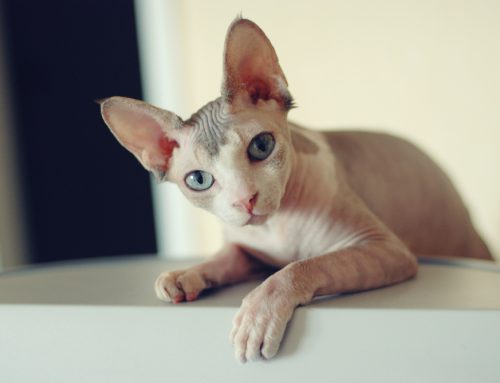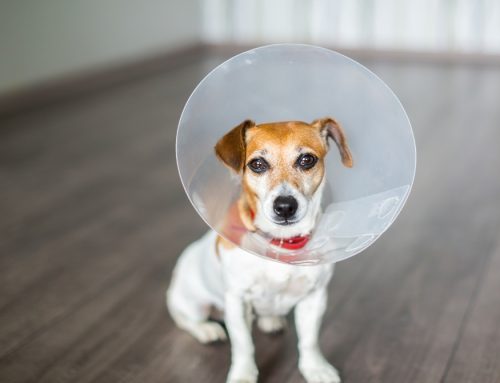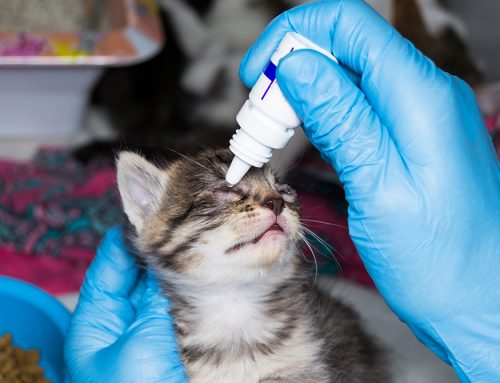What is Eosinophilic Granuloma?
Eosinophilic granuloma is a type of inflammatory condition that affects cats, characterized by the formation of lesions or plaques on the skin, typically caused by an abnormal immune response. The condition primarily involves the infiltration of eosinophils, a type of white blood cell, into the affected tissues.
Symptoms of Eosinophilic Granuloma
Cats with eosinophilic granuloma may present with a variety of symptoms, including:
- Skin Lesions: These lesions often appear as raised, swollen areas or ulcers on the skin. They are commonly found on the lips, tongue, and underbelly.
- Plaques: Thickened areas of skin that can be itchy and uncomfortable for the cat.
- Ulcers: Sores that may develop on the skin or in the mouth.
- Swelling: Areas of swelling that can be localized or more generalized.
Causes
The exact cause of eosinophilic granuloma in cats is not always clear. However, it is believed to be related to:
- Allergic Reactions: Allergies to food, environmental factors, or insect bites.
- Parasitic Infections: Such as fleas or mites.
- Infections: Bacterial or fungal infections can contribute to the condition.
- Immune System Disorders: An abnormal immune response can lead to the development of eosinophilic granulomas.
Diagnosis
Diagnosis of eosinophilic granuloma is typically made through:
- Physical Examination: A veterinarian will examine the cat’s lesions and overall health.
- Biopsy: A sample of the affected tissue may be taken and examined under a microscope to confirm the diagnosis.
- Blood Tests: To check for underlying conditions that might be contributing to the symptoms.
Treatment
Treatment for eosinophilic granuloma in cats may include:
- Medication: Corticosteroids or other anti-inflammatory drugs to reduce inflammation and manage symptoms
- Allergy Management: Identifying and avoiding allergens or irritants that may be causing the condition.
- Supportive Care: Ensuring the cat is comfortable and managing any secondary infections or issues.
When to Seek Help
If you notice any signs of eosinophilic granuloma in your cat, such as unusual skin lesions, swelling, or ulcers, it is important to seek veterinary care promptly. Early intervention can help manage the condition and improve your cat’s quality of life.
Contact Us
For more information or to seek urgent care for your cat, visit us at Mission Veterinary Clinic, located at 16915 San Fernando Mission Blvd, Granada Hills, CA 91344. We are open from 9 AM to 11 PM, 7 days a week. As an urgent care facility, we see clients on a walk-in basis only and do not take appointments. For any inquiries, please call us at 818-363-8143 or visit our website at missionvet.com.
Mission Veterinary Clinic – Compassionate Care for Your Furry Friends.










Leave A Comment